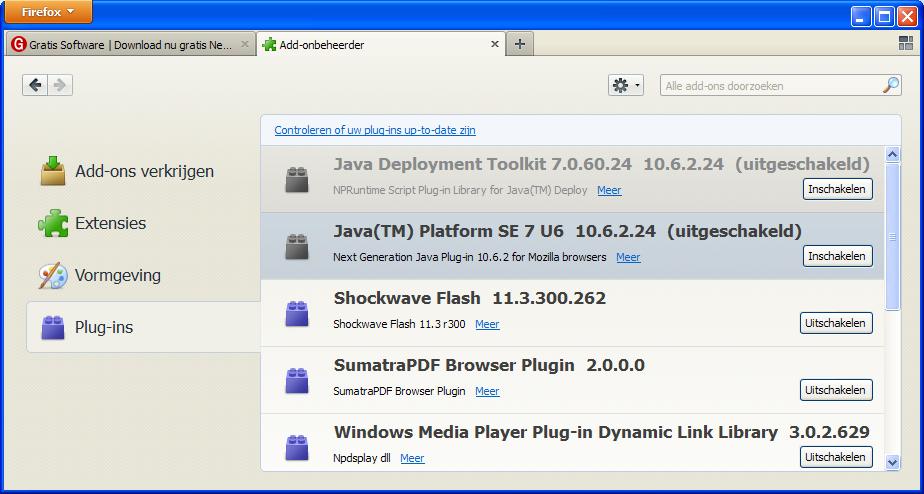Two workarounds have been included in a new version of Firefox, the popular open source web browser from Mozilla, following the discovery of one issue that caused the application to misbehave under OS X 10.7 Lion, and another that caused the Java plugin to fail to load.
If you prefer to continue using Apple's Java 6 plug-in, follow the steps provided in the Java for OS X 2014-001 topic at the Apple Developer site. After installing Java for macOS 2012-006, can I continue to use Apple's Java 6 alongside the macOS JDK or JRE for Java 10? This article shows you how to install Java on Mac OSX, and also how to do Java/JDK version switching. Mac OS 10.15.3; JDK 8, 9, 10, 11, 12, 13 (AdoptOpenJDK).
Scheduled to debut sometime this month, OS X Lion is the latest version of Apple’s desktop operating system.
It brings tons of enhancements, both aesthetically and under-the-hood, but most of them are about function.
New features include Mission Control, Launchpad, new Multi-Touch gestures, AirDrop, Versions, AutoSave, an all new version of Mail, and dozens of other new additions that make the software more user friendly, as well as more advanced in terms of functionality.
The Golden Master build of OS X Lion has recently been released to Apple developers.
Mozilla took the time to test its Firefox web browser against this build and concluded that some code corrections were in order.

As such, Firefox 5.0.1 was released this week with workarounds for an issue in Mac OS X 10.7 that would cause Firefox to crash, as well as for an issue caused by Apple's 'Java for Mac OS X 10.6 Update 5' where the Java plugin would not be loaded.
Install Java Plugin Firefox Mac Os X Catalina
Released in late June, Java for Mac OS X 10.6 Update 5 delivered improved compatibility, security, and reliability by updating Java SE 6 to 1.6.0_26. A Leopard version was also made available.
Enable Java Plugin Firefox
Apple noted at that time that multiple vulnerabilities existed in the Mac implementation of Sun Microsystems’ Java platform.
The most serious of them all could allow an untrusted Java applet to execute arbitrary code outside the Java sandbox.
An unauthorized user could gain the privileges of the current user by tricking him / her into visiting a web page containing a maliciously crafted untrusted Java applet.